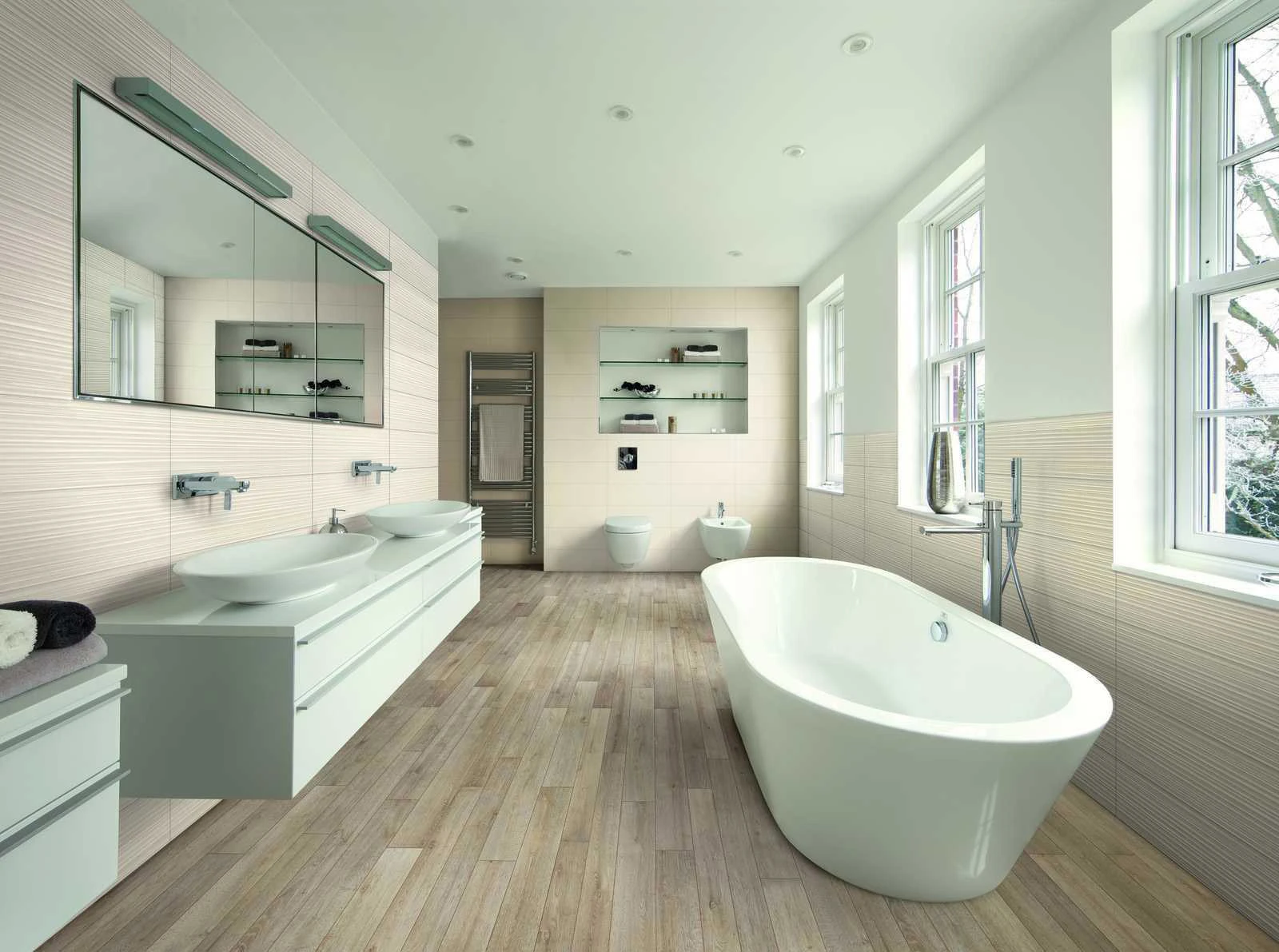Exploring the Best Flooring Options for Commercial Kitchen Spaces
The Essential Guide to Commercial Kitchen Flooring
When it comes to operating a successful restaurant or food service establishment, the importance of having the right commercial kitchen flooring cannot be overstated. A kitchen is not just a place where food is prepared; it’s a high-traffic area that needs to be functional, safe, and efficient. Selecting the appropriate flooring material is crucial for several reasons, all of which contribute to the overall performance and hygiene of your kitchen space.
Durability and Resistance
Commercial kitchens are exposed to heavy foot traffic, quick movements, and a variety of spills from food, water, and cleaning chemicals. Thus, the flooring needs to be exceptionally durable, capable of withstanding these conditions without showing signs of wear and tear. Materials such as vinyl, ceramic tile, and rubber are popular choices due to their resilience. Vinyl flooring, for instance, is not only durable but also offers resistance to moisture and stains, making it ideal for environments that require regular cleaning and sanitization.
Safety First
Safety is a paramount concern in any kitchen. Slippery floors can lead to serious accidents and injuries, resulting in costly liability claims and decreased employee morale. Therefore, selecting a flooring material with high slip-resistance is essential. Rubber flooring provides excellent traction, reducing the risk of slips and falls, while also cushioning the impact in case of spills. Additionally, implementing proper drainage and slope in the kitchen design can further enhance safety by ensuring liquid does not pool on the floor.
Hygienic Properties
The kitchen is a primary area for food preparation, making hygiene a critical aspect of kitchen design. The flooring material should be non-porous and easy to clean, as porous surfaces can harbor bacteria and mold. Options like epoxy flooring and sealed concrete are not only resistant to bacteria but also facilitate easy cleaning. Regular mopping and sanitization become vital in maintaining a hygienic environment, and the selected materials must withstand frequent cleaning without degrading.
commercial kitchen floor

Cost-Effectiveness
While it may be tempting to choose the cheapest option available, the long-term costs associated with flooring should be considered carefully. Investing in high-quality flooring can save money in the long run by reducing replacement and repair costs. Additionally, floors that are easy to clean and maintain require less labor and cleaning product, contributing to overall operational efficiency. Restaurants should assess the lifetime value of their flooring choices, focusing on quality over initial cost.
Thermal Insulation
In a bustling commercial kitchen, the temperature can fluctuate greatly due to cooking equipment and high heat from stoves and ovens. Thus, flooring that provides thermal insulation can improve comfort for staff and enhance energy efficiency within the kitchen. Rubber flooring, for example, not only provides insulation but also absorbs sound, minimizing noise in a typically loud environment.
Aesthetic Appeal
While functionality is critical, the aesthetics of a commercial kitchen should not be neglected. An appealing kitchen can create a positive working environment for staff and can impress customers who peek into the kitchen. The available flooring options have evolved over the years, offering aesthetics that can complement the overall design of the restaurant. For instance, stylish ceramic tiles can add a modern touch, while classic quarry tiles can provide a traditional feel.
Conclusion
In summary, selecting the right flooring for a commercial kitchen is a multi-faceted decision that impacts safety, hygiene, durability, and even the aesthetic appeal of the space. Restaurant owners and managers must weigh the pros and cons of different materials while considering the unique needs of their kitchen environment. Investing time and resources into choosing the right flooring will lead to a more efficient, safe, and hygienic workspace that contributes to the success of the establishment. Ultimately, a well-designed commercial kitchen with appropriate flooring can enhance productivity and ensure staff work with confidence in a safe and pleasant environment.
-
Waterproof Advantages of SPC Flooring Vinyl in KitchensAug.06,2025
-
SPC Hybrid Waterproof Flooring Thickness GuideAug.06,2025
-
Leveling Subfloor Before My Floor SPC InstallAug.06,2025
-
How Mesh Deck Skirting Improves Outdoor Pest ControlAug.06,2025
-
Choosing the Right Commercial Flooring for Your Business NeedsAug.06,2025
-
Choosing the Best Residential Flooring: A Comprehensive Guide to Style, Durability, and ComfortAug.06,2025




